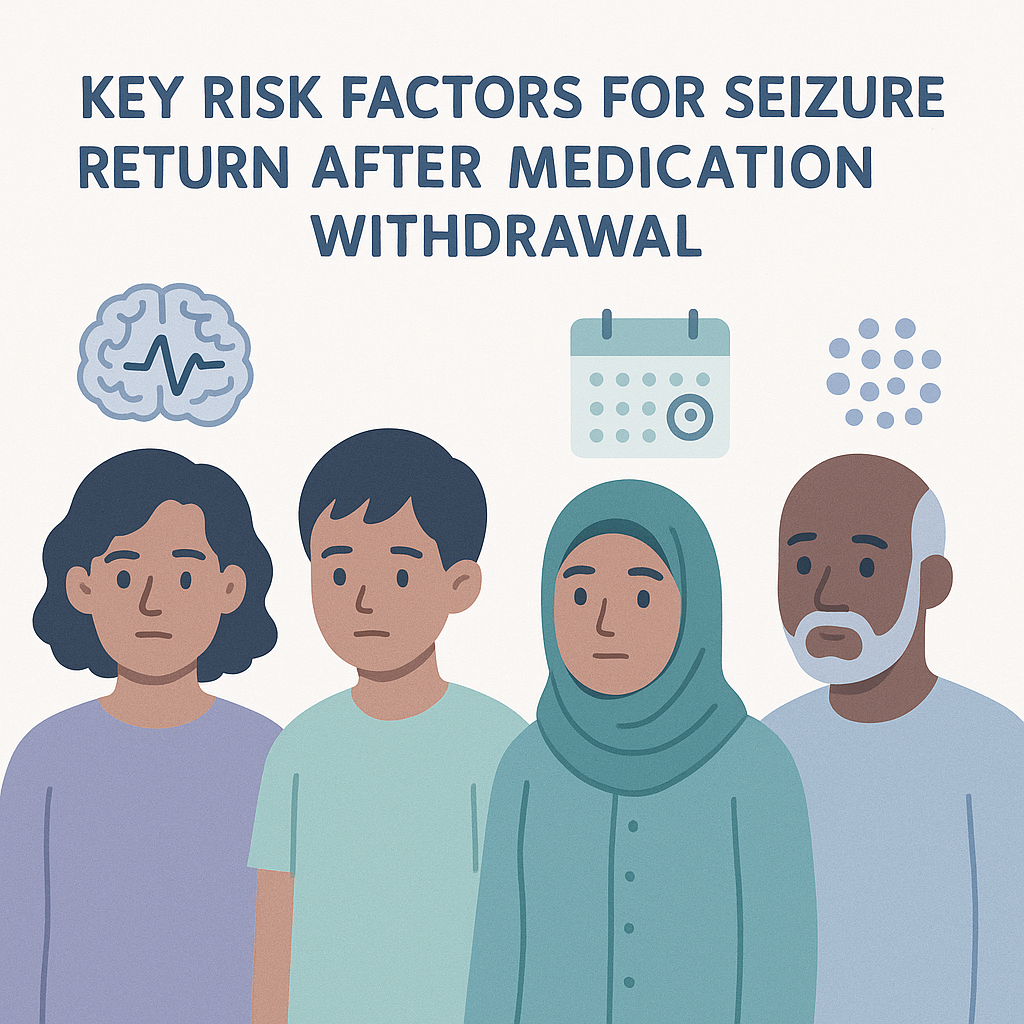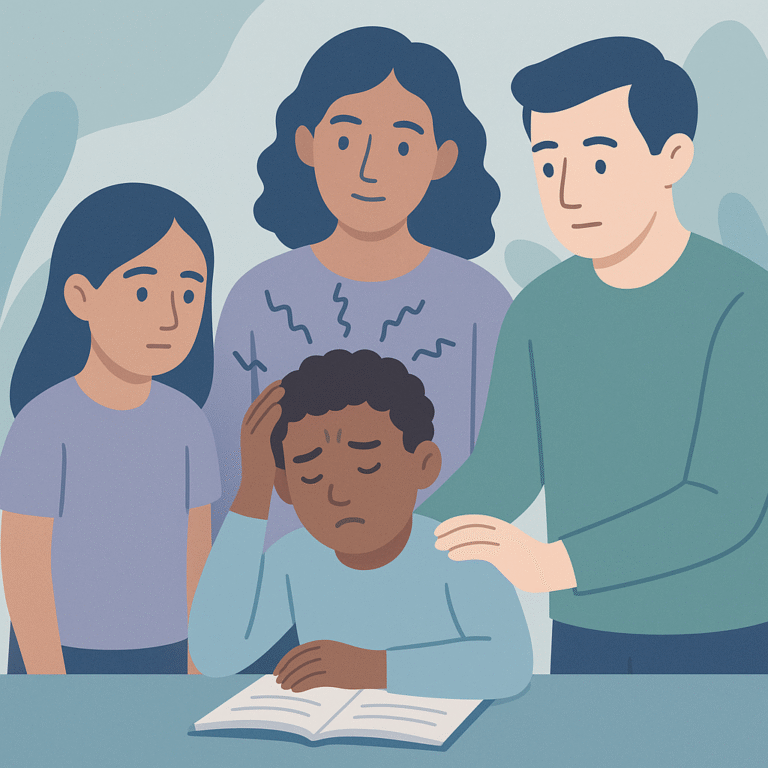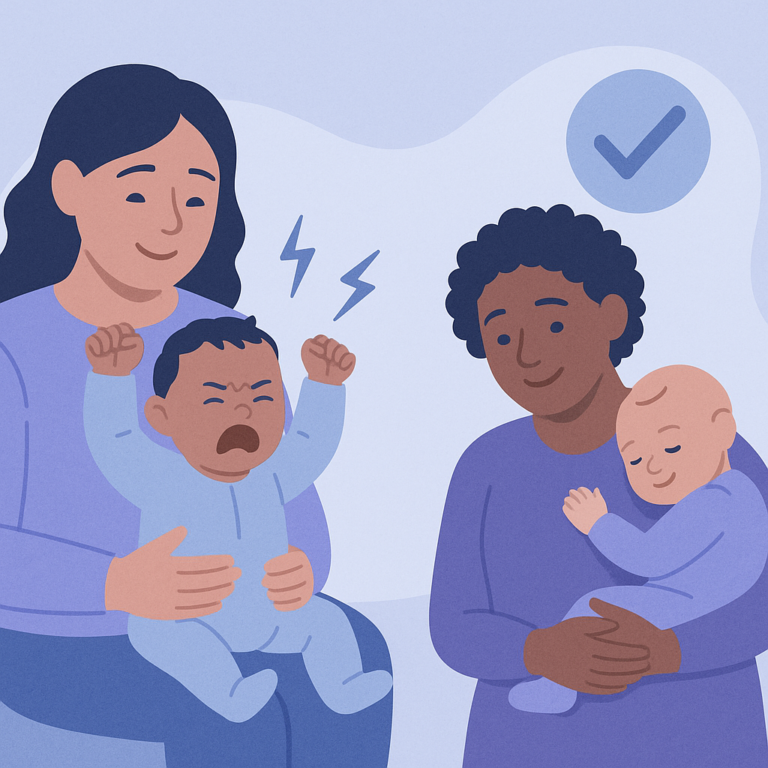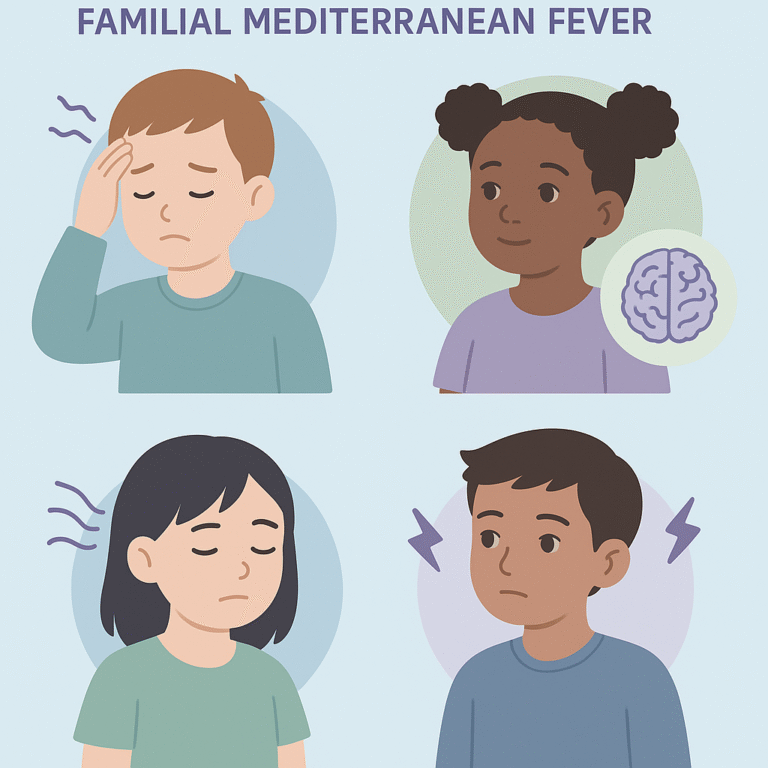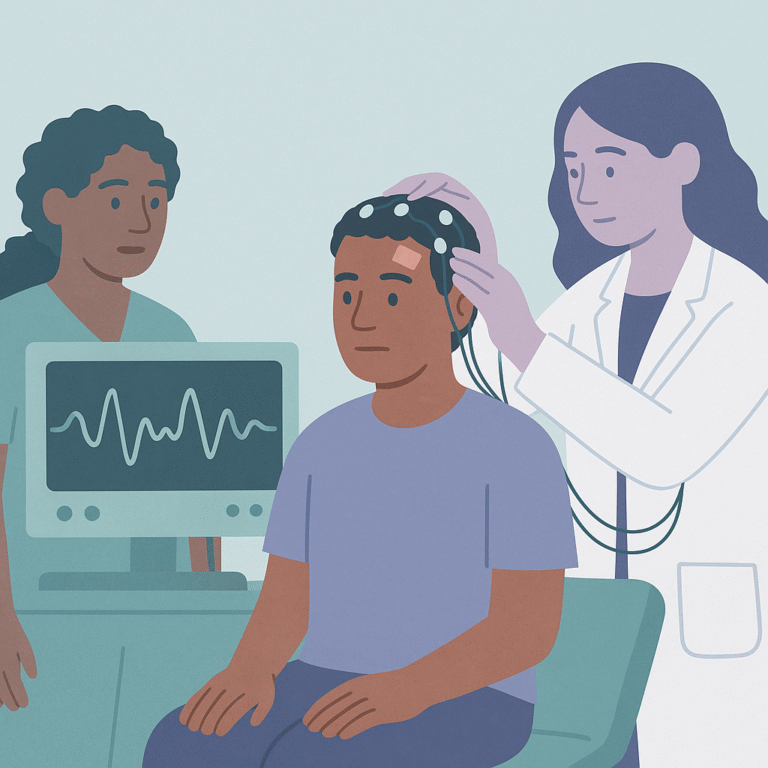Seizure Return After Medication Withdrawal: Key Risks
Summary
Researchers studied the risk factors that could lead to seizures returning in children with epilepsy after they stopped taking their anti-seizure medications (ASMs). The study involved 135 children under the age of 16 who had been seizure-free for at least two years while on stable doses of ASMs. These children were monitored for at least one year after they stopped their medications to see if their seizures returned.
The main finding of the study was that about 31% of the children experienced a return of seizures after stopping their medications. The researchers identified three key factors that increased the likelihood of seizures coming back: having an abnormal EEG before stopping medication, being on multiple ASMs before withdrawal, and having a history of epilepsy that lasted more than one year before treatment. The risk of recurrence was significantly higher for those with these factors.
This information is important because it helps doctors and families understand which children might be at greater risk for seizures returning after stopping medication. However, it is essential to note that this study was observational and involved a relatively small group of children. More research is needed to confirm these findings and to explore other potential factors that could influence seizure recurrence.
Related reading
- DBS Reduces Seizures in Some Patients with Epilepsy
- Key Factors Affecting Seizure Control in Pregnant Women with Epilepsy
- New Hope for Children with Hard-to-Treat Epilepsy: Everolimus Shows Promise
- New Study Explores Ketamine for Treating Severe Seizures in Kids
- Vitamin D3 May Help Improve Brain Activity in Boys with Epilepsy
Free: Seizure First Aid Quick Guide (PDF)
Plus one plain-language weekly digest of new epilepsy research.
Unsubscribe anytime. No medical advice.